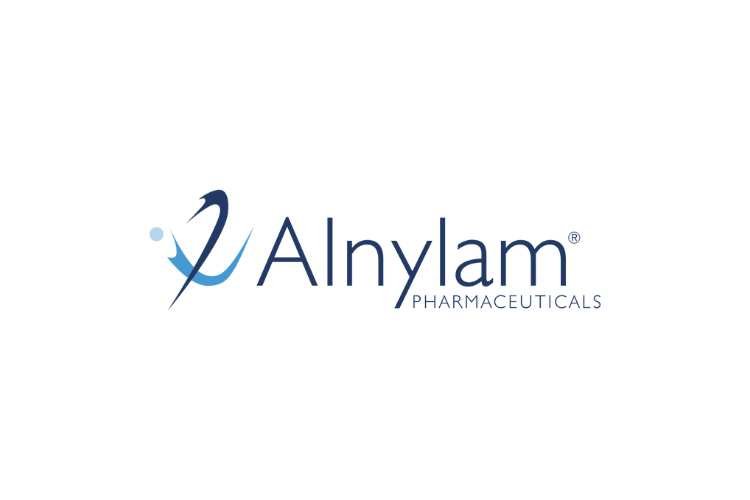Despite receiving an endorsement from an advisory committee, the FDA has reached a different conclusion regarding the benefit-risk profile of Alnylam’s Onpattro in the rare heart disease known as transthyretin amyloidosis cardiomyopathy (ATTR-CM). Alnylam announced on Monday that the FDA has issued a complete response letter, declining to approve Onpattro for ATTR-CM. It’s important to note that this decision does not impact Onpattro’s existing approval for another form of ATTR known as polyneuropathy, which affects the peripheral nerves.
This regulatory setback has prompted Alnylam to make strategic decisions regarding its RNA interference therapy portfolio. As the company’s second-generation therapy, Amvuttra, approaches its phase 3 readout in ATTR-CM, Alnylam has chosen not to pursue additional indications for Onpattro in the United States.
The FDA’s decision also has implications for Pfizer, as the approval of Onpattro would have posed a challenge to Pfizer’s blockbuster drug tafamidis, which became the first FDA-approved treatment for ATTR-CM in 2019 and is marketed under the brand names Vyndamax and Vyndaqel.
Also Read: FDA Approves Novo Nordisk’s Rivfloza, Setting Stage For Market Duel With Alnylam
Surprisingly, the FDA’s decision contradicts the advisory committee’s opinion, which, just last month, voted 9 to 3 in favor of Onpattro’s benefit outweighing its risk in ATTR-CM.
During a conference call on Monday, Alnylam CEO Yvonne Greenstreet expressed extreme disappointment in the FDA’s decision, especially considering that the phase 3 trial (APOLLO-B) supporting Onpattro’s application was designed in consultation with the FDA. The trial successfully met its primary endpoint by demonstrating a statistically significant improvement in the six-minute walk test for patients receiving Onpattro. The drug also showed a significant advantage over placebo in the patient-reported survey called KCCQ-OS, with a trend toward better cardiovascular outcomes.
However, the FDA argued that Onpattro’s treatment effect lacked clinical significance, and it raised concerns about the relevance of the six-minute walk test as an endpoint, given its limited correlation with physical function.
“First and foremost, our hearts go out to patients with the cardiomyopathy of ATTR amyloidosis who are living with a rapidly progressive, debilitating and fatal disease and face significant unmet need. While we are disappointed by this decision, we are committed to supporting them and are well positioned to address their needs with continued innovation that can potentially help improve their outcomes and treatment experience. We remain confident in the HELIOS-B Phase 3 study of vutrisiran and look forward to sharing topline results in early 2024. If successful, we believe vutrisiran will offer convenient, quarterly subcutaneous dosing with a therapeutic profile that may potentially include cardiovascular outcome benefits. Beyond vutrisiran, we are excited about the potential for ALN-TTRsc04, which may allow for greater TTR knockdown and less frequent dosing, providing patients with ATTR amyloidosis an optimized treatment regimen.”
– Yvonne Greenstreet, MBChB, Chief Executive Officer of Alnylam Pharmaceuticals
Also Read: FDA Panel Backs Alnylam’s Onpattro For Rare Heart Condition Despite Small Benefit
During the advisory committee meeting, independent experts concurred with the FDA’s assessment of Onpattro’s modest efficacy, with one expert describing it as a “slight breeze.” While the committee members acknowledged the drug’s efficacy outweighed its minimal side effects, they also highlighted that Onpattro should not be considered an equal alternative to tafamidis.
Despite the rejection of Onpattro for ATTR-CM, Alnylam remains committed to its ambitions in this field. Onpattro has been positioned as a preparatory step for the launch of Amvuttra, which offers the convenience of subcutaneous dosing every three months, compared to Onpattro’s intravenous administration every three weeks. The switch of ATTR-PN patients to Amvuttra is already underway since the newer medication’s approval last year. The HELIOS-B trial for Amvuttra in ATTR-CM is expected to yield results in early 2024. Unlike Onpattro’s APOLLO-B study, HELIOS-B uses cardiovascular outcomes, including death and hospitalization, as the primary endpoint, making it a larger and longer study.
Also Read: BridgeBio Reports Improved Data For ATTR Cardiomyopathy Drug
With its user-friendly dosing regimen and the potential for positive outcomes data, Amvuttra could potentially become a transformative therapy with a leading position in the ATTR-CM market, according to CEO Yvonne Greenstreet.
ATTR-CM remains a pivotal market for Alnylam, with Pfizer’s tafamidis drugs experiencing substantial growth in U.S. sales. In the first half of 2023, sales of Pfizer’s tafamidis drugs increased by 46% year-over-year, reaching $818 million. In comparison, the combined global sales of Onpattro and Amvuttra during the same period amounted to $427 million.





























